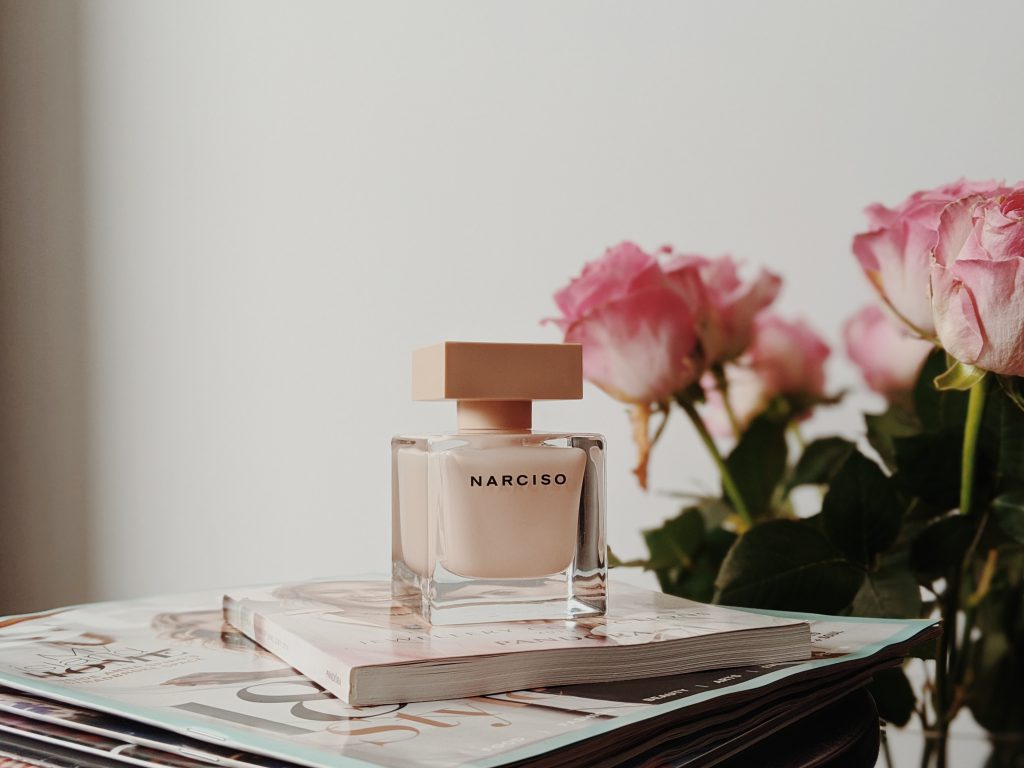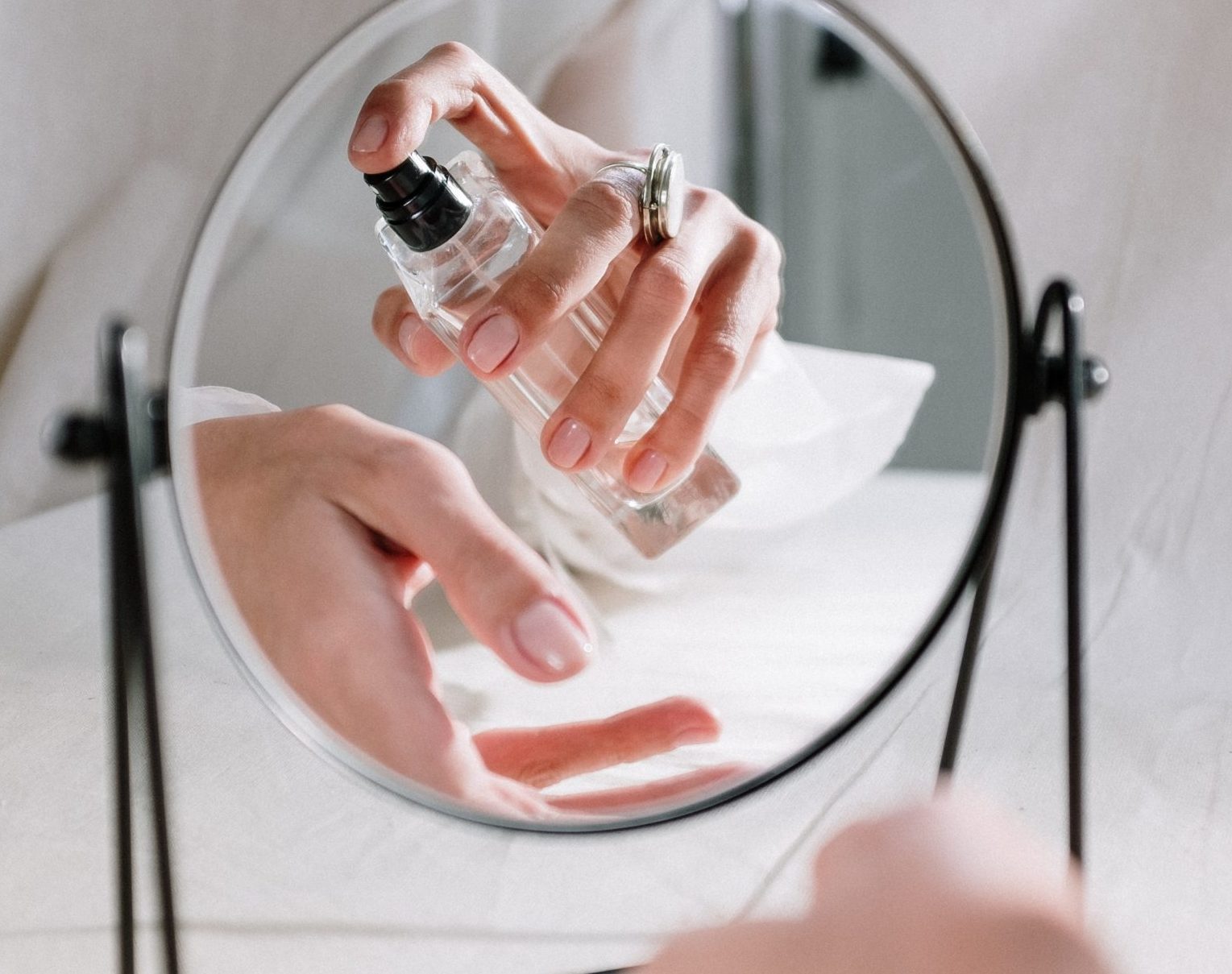You’ve probably heard some horror stories about knockoff perfumes. Fake fragrances contain toxic ingredients, oils that have been diluted with alcohol instead of water, and even artificial chemicals that can irritate sensitive skin. While you wouldn’t intentionally buy any of these counterfeits, how do you know for sure if the perfume you’re buying is authentic? it’s hard to authenticity perfumes, but blockchain technology comes to the rescue.
How does blockchain help in the perfume industry?
Perfumes are one of the most counterfeit-prone industries out there. This is because they are often easy to reproduce and are inexpensive products to make. They are also easy to ship and store, making it easy to distribute a fake product. Additionally, consumers often have a hard time telling the difference. If a purchase is made online, it’s hard to know if the product is authentic or a knockoff. Consumers are also very particular about the scents they use. Blockchain’s strengths are in traceability, authentication, collaboration and transparency. Perfumers use blockchain to trace their own supply chain. From where the ingredients come from to where they are sold, blockchain helps. The authenticity of the ingredients is also authenticated through blockchain. Since the whole process is documented, all the stakeholders can see where the ingredients are from, the amount of perfume being produced, and where the bottles are being manufactured. Blockchain also helps perfume companies collaborate with one another.
Blockchain implementation in perfumery

With blockchain implementation, a unique ID is generated for each product. The information being recorded is the time stamp, ingredients, processing time and place, owner, etc. These details are then transferred to the ledger, which is connected to the Internet. A digital signature is created, which will help to authenticate a product. The ledger is distributed among all the stakeholders of the supply chain. This means that the data is stored and available on each computer on the network. Once logged in, the details of the product can be viewed by the stakeholders at any time. This makes it easy to track and trace the product. Consumers can also log in and view the details using the same ID generated for the product. This helps in tracking a product from the manufacturer to the retailer.
The Big Four – traceability, authentication, collaboration and transparency
These are the strengths of blockchain, and they are found in the perfume industry because of blockchain implementation. This makes it easy for perfume companies to track the supply chain. Additionally, blockchain helps in authenticating the ingredients being used, as the details are logged into the ledger. It also helps perfume companies collaborate with one another, making it easy to track and trace the product. Consumers are also able to log in and view the details, which makes it easy to trace the product from the manufacturer to the retailer.
Limitations of the blockchain implementation in perfumery
The blockchain implementation has its limitations too. The product ID is not a guarantee that the product is authentic. It only helps in authenticating the product. This means that the product ID can be copied and modified to create a counterfeit product. Also, blockchain implementation is not a substitute for third-party authentication. This means that it cannot be a guarantee that the product is authentic.
Conclusion
The perfume industry is counterfeit-prone. This means it is easy for counterfeiters to reproduce products and sell them off as authentic merchandise. The blockchain implementation helps to authenticity perfumes, making it hard for counterfeiters to create counterfeit products. Consumers can also log in and view the details of the product, making it easy to track and trace the product.
